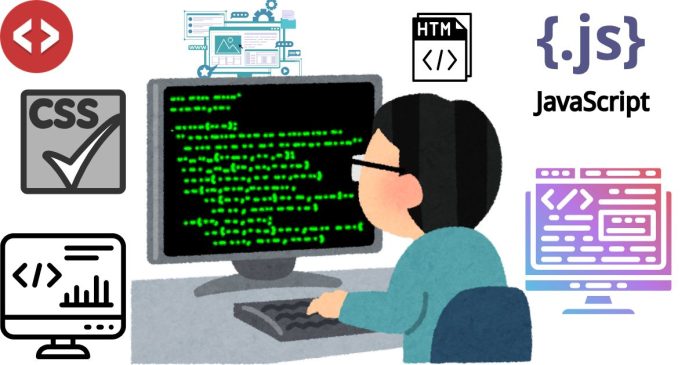The question of whether else if is faster than switch-case is context-dependent and depends on the language you’re using, how the code is compiled, and the specific use case. Let’s break it down:
Key Differences Between else if and switch-case
else if:- Works as a series of conditional checks evaluated sequentially from top to bottom.
- Each condition is checked until a
truecondition is found or the end of the chain is reached. - Ideal for conditions that are not strictly related to discrete values but may involve complex expressions.
Example:
if (x == 1) { // Do something } else if (x == 2) { // Do something else } else { // Default case }switch-case:- Designed for comparing a single variable against multiple discrete values (e.g., integers, characters).
- May be implemented as a jump table in compiled languages, allowing for faster branching.
- Ideal when you have many discrete values to check against a single variable.
Example:
switch (x) { case 1: // Do something break; case 2: // Do something else break; default: // Default case break; }
Performance Comparison
- Compilation and Optimization:
else if: The compiler evaluates each condition sequentially. For a long chain, this can lead to more comparisons and slower execution.switch-case: In many cases, the compiler optimizesswitch-caseusing a jump table or binary search for faster lookups, especially for dense, sequential values (e.g., 1, 2, 3, …).
- Number of Conditions:
- Small Number of Cases: The difference in performance is negligible. Use whatever makes the code more readable.
- Large Number of Cases:
switch-casecan be faster due to compiler optimizations like jump tables.
- Complex Conditions:
else ifchains can handle complex conditions (e.g.,if (x > 10 && y < 5)), whichswitch-casecannot.switch-caseis limited to comparing a single variable to constant values.
When to Use Each
| Scenario | Preferred Choice |
|---|---|
| Comparing one variable against constants | switch-case |
| Conditions involve complex expressions | else if |
| Short conditional chains | Either (no big difference) |
| Long conditional chains | switch-case |
Conclusion
- Performance: For large numbers of cases and simple comparisons,
switch-caseis generally faster due to compiler optimizations like jump tables. For small or complex cases, the performance difference is minimal. - Readability: Use the construct that makes the code easier to read and maintain. For discrete value comparisons,
switch-caseis cleaner. For more complex conditions,else ifis more versatile.
In most modern compilers and languages, the performance difference between else if and switch-case is negligible for most practical use cases. Therefore, prioritize clarity and maintainability when making your choice.


